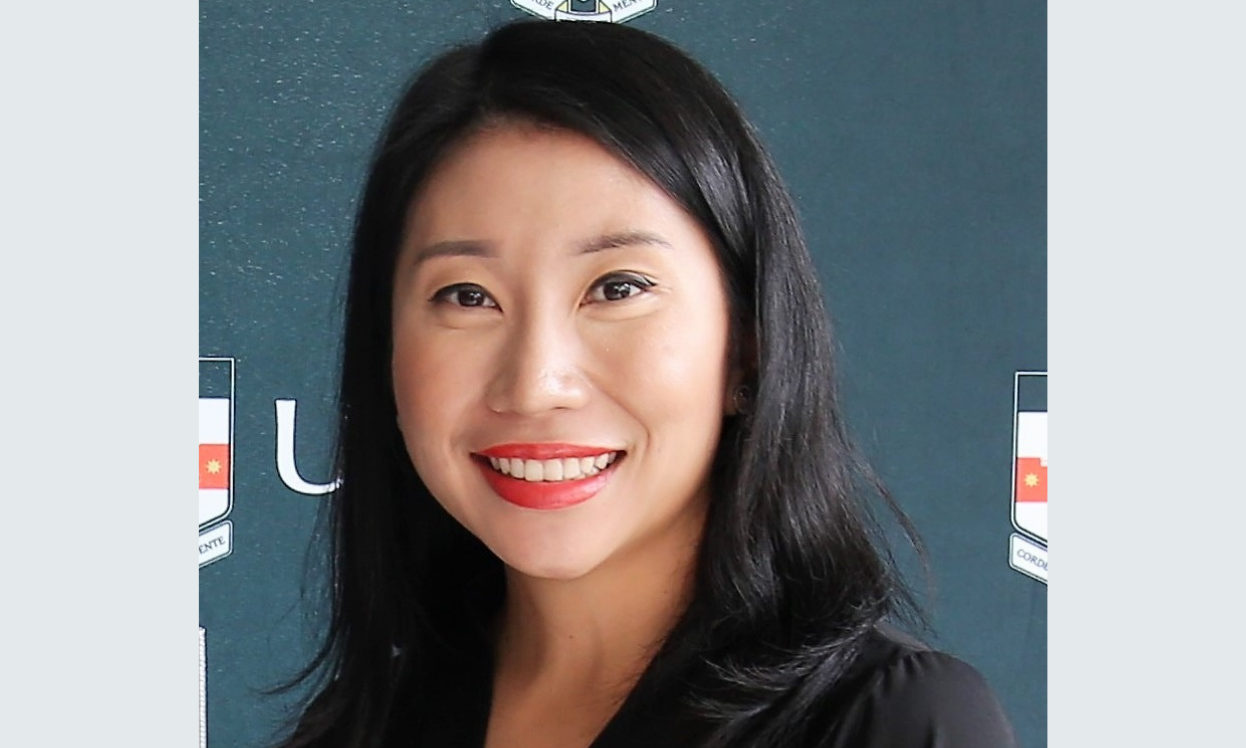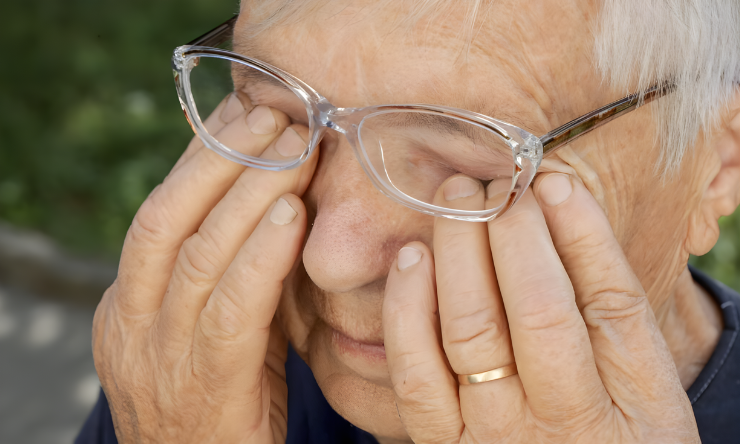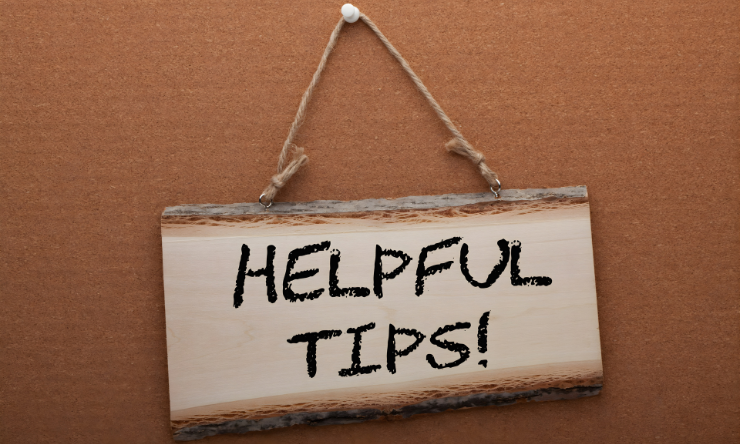Share
Early detection is one of the best defences you can have against glaucoma and so, knowing your family’s history is essential in determining whether you may be at risk. If you have glaucoma, your first-degree relatives (parents, siblings and children) are at a significantly higher risk with an almost 1 in 4 chance of developing glaucoma in their lifetime. This risk then doubles if your relative has advanced glaucoma. Diagnosed family members can therefore play an important role by effectively acting as ‘ambassadors’ for their family to get tested early. If you haven’t already, now is the time to start a conversation with your loved ones about glaucoma.

Michelle Phan recently hosted an online Live Q&A with Glaucoma Australia where she answered a range of questions and shared some practical advice on how you can start a conversation about glaucoma with your family members.
How soon after diagnosis should I wait before telling my family? Is it a good idea to let them know even when I am a suspect?
When you get your formal glaucoma diagnosis, that's the time when you should let your family members know. If you are a glaucoma suspect that means that you might be in the suspect loop for years to come and perhaps you might never even get glaucoma. You might do all the tests and keep being told that your eyes are normal. And so, I think when you get your formal diagnosis that is the right time.
I have glaucoma but I don't have a family history of glaucoma. Is it important to inform my family in this case?
Yes, it is. Even if you don't have any known family members with glaucoma, glaucoma still must start from somebody. So that somebody might be you unluckily. You might be the first one to raise that you have glaucoma and then out of nowhere all these other family members who might already have glaucoma (but haven't made it known to the rest of the family) make it known. And then, out of nowhere, you've got multiple family members with glaucoma. So, there's even more incentive now for your family members to be tested.
If I have secondary glaucoma from an eye injury, do I have to discuss getting screened for glaucoma with my family?
This question is important because there's different types of glaucoma. Glaucoma is an umbrella term to describe any condition where the nerve at the back of the eye starts to degenerate over time causing peripheral vision loss. Secondary glaucoma is a subgroup of glaucoma where people get this due to something else and so it's no longer a genetic predisposition. For instance, they may be on certain medication where glaucoma is a by-product of that medication, or they may have had an injury and that damaged the natural anatomy of the eyes and thus led to glaucoma.
I think if you wanted to be open and transparent, you could say, look I have glaucoma and just to let you know this is not from my genes. Rather, this is from a tree branch hitting my eye when I was a child, for example, just to give them some peace of mind.
Should family members be informed about narrow angles but no glaucoma?
You'll find that different optometrists may say different things about this one. I’ll give you a little bit of a background.
Narrow angled glaucoma (or acute angle closure glaucoma) is a smaller subgroup of glaucoma which is incredibly rare. But what happens is, if you have this type of glaucoma, your vision loss happens very quickly. Perhaps within a period of a few weeks, if nothing is done about it, you can lose a big chunk of your vision. And the reason that this is the case is because the pressure in the eyes builds up incredibly high over a short space of time. This is not one of those silent run-of-the-mill slow-acting glaucomas you wouldn't feel – you will know exactly that something is wrong.
If you have narrow angles, the narrow angle glaucoma type is still hereditary. I think it is important to let your family know if you do have narrow angles because there are a bunch of eye specialists that would treat these to make sure that you don't end up with that type of glaucoma. The other side of the coin is so disastrous because you can lose vision very quickly. Then the other part of this also is that optometrists don't routinely look at the angles to see if they're narrow or not because the test for it, called Gonioscopy, is not really part of routine testing. So, if you tell your family members that you have narrow angles and if they go and tell their optometrist that there's a family member with narrow angles, the optometrist is very likely to check specifically for that type of glaucoma in them.
From what age should my children be tested for glaucoma?
The age that you were formally diagnosed with glaucoma isn't necessarily the age that glaucoma came along because glaucoma can be a very silent and slow condition. For every decade the risk of blindness halves because we have new technology and research. And so, if you were say tested at 50 and you were diagnosed at 50 then potentially you might have had glaucoma at 40 and just simply didn't know. So, the advice that my mentors and eye specialists would tell their patients is that if you were tested at 50 and diagnosed at 50 for glaucoma you should tell your children to start being tested formally for glaucoma from about 10 years younger than that, so about 40.
Do you think GPs should routinely ask patients if they have a family history of glaucoma and recommend glaucoma screening?
I think all healthcare practitioners are a team and sometimes we send information back to the GP about a patient's eyes and that can help them manage the patient in a more holistic approach. We would appreciate it if GPs could also send the message which is, how important it is to be tested early and that if you test early, the chances of you developing true blindness are incredibly rare. If the GP knows that a patient already has glaucoma, there's a good chance that the GP has access to the rest of the family too.
Will glaucoma for each family member be managed and treated differently? My sister likes to tell me I am on the wrong glaucoma drops because I'm on different ones to her.
That’s a good question. I think your sister is well-meaning, but you are probably on different treatment plans because when we're thinking of how to treat a glaucoma case we must think about a whole bunch of different things in a holistic approach.
So, her treatment might be different from yours and obviously some drops might work well with some people and not necessarily so well with other people. So, while your sister is well-meaning, I think you really should just stick to the advice of what your eye specialist is telling you and make sure that you are following what their advice is.
Of course, if you have any questions about maybe whether a different drop is better for you for whatever reason, you can always jot that down and ask your specialist the next time you see them. They might say, no you're not good for that drop because you have a heart condition or something else or look there's a lot of different treatment plans, because everybody's a little bit different.
If you would like to watch the recording of this Live Q&A click here.




